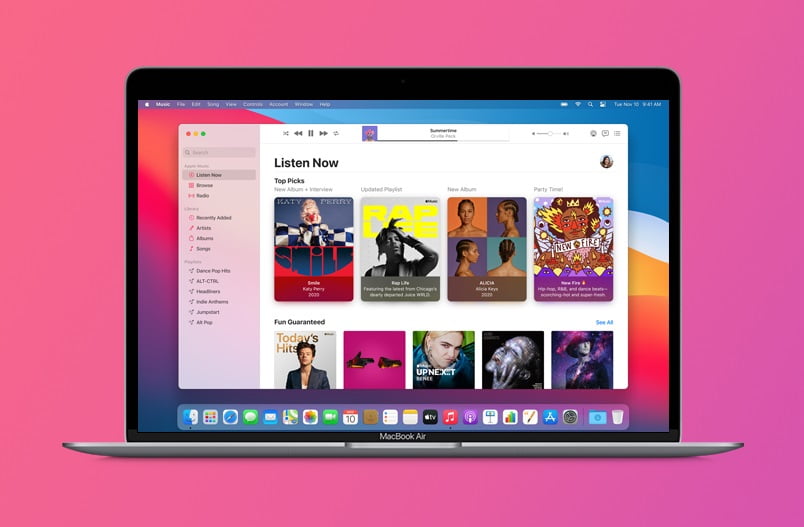
Apple’s iconic iTunes program has recently been discovered to have a high-severity vulnerability, enabling threat actors to escalate privileges and gain unauthorized access to sensitive systems. In this article, we delve into the details of the flaw and explain how it can be exploited by hackers.
Understanding the iTunes Vulnerability
Researchers from Synopsys have identified a flaw in the Windows version of iTunes, where the application creates a privileged folder called SC Info in the C:\ProgramData\Apple Computer\iTunes directory. Surprisingly, the folder has weak access controls, allowing any user to gain full control over it.
Contents
Exploiting the Vulnerability
By leveraging this vulnerability, a regular user without elevated privileges can manipulate the folder creation process. They can redirect the creation of the SC Info folder to the Windows system directory, subsequently utilizing the folder to obtain a higher-privileged system shell. This is achieved by deleting the SC Info folder, creating a link to the Windows system folder, and then re-creating the folder through an MSI repair.
To exploit the vulnerability
- Run the iTunes application as the first user after installation.
- Delete the SC Info folder.
- Create a link to the Windows system folder.
- Trigger an MSI repair to re-create the SC Info folder.
- Gain access to Windows SYSTEM level privileges.

Implications and Severity
The vulnerability, now tracked as CVE-2023-32353, affects iTunes versions prior to 12.12.9 and has been assigned a severity score of 7.8. This high-severity flaw allows threat actors to gain elevated privileges, essentially having complete control over the compromised system. The potential consequences include unauthorized access to sensitive data, installation of malware, and bypassing system security features.
Apple’s Efforts to Address Vulnerabilities
Apple has been actively working to address high-severity vulnerabilities across its ecosystem. Recently, Microsoft discovered a major bug in macOS, known as Migraine, which allowed threat actors with root privileges to bypass System Integrity Protection and install “undeletable” malware. Apple promptly patched the bug and advised users to apply the fix immediately.
To safeguard against vulnerabilities
- Regularly update your software and applications to the latest versions.
- Enable automatic updates to ensure prompt security patches.
- Follow recommended security practices, such as strong passwords and two-factor authentication.
- Be cautious while downloading and opening files from untrusted sources.
- Stay informed about the latest security vulnerabilities and patches.
Final Words
The iTunes vulnerability represents a significant threat to the security of systems running affected versions of the software. By understanding the exploit and being proactive in applying security updates, users can mitigate the risks associated with such vulnerabilities. Apple’s commitment to addressing these issues reinforces the importance of maintaining a secure digital environment.



